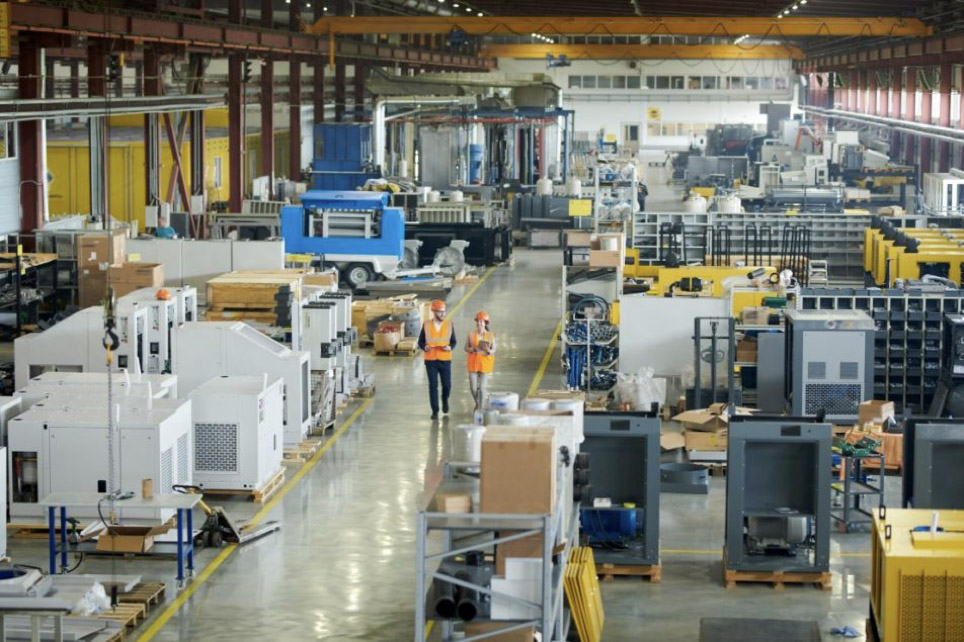AIR Quality Monitoring Inside Manufacturing Facilities
In the competitive world of manufacturing, achieving precision and efficiency must go hand in hand with safeguarding the health and well-being of operators and ensuring product quality. Creating a safe and healthy work environment is not just essential—it’s imperative.
Manufacturing processes often release pollutants such as particulate matter (PM), Volatile Organic Compounds (VOCs), and other harmful gases. Exposure to these contaminants poses several risks:
- – Health risks for operators
- – Safety issues due to dust concentrations
- – Contamination of products
- – Malfunction of equipment
- – Environmental pollution
Industries such as food processing, pharmaceuticals, chemicals, metalworking, and battery cell manufacturing each face unique challenges in controlling air pollution and improving Indoor Air Quality (IAQ).
Identifying the Source
The first step to enhancing IAQ in manufacturing facilities is understanding the process and identifying emission sources. Ideally, dust and other gases should be extracted directly at the source to prevent them from entering the ambient air and spreading throughout the workplace. To effectively monitor and manage air quality, a comprehensive solution like HibouAir is essential.
HibouAir provides a distributed monitoring system that covers the entire facility, collecting and storing data 24/7. This continuous monitoring allows for real-time detection of air quality issues, enabling prompt action to protect workers and maintain high product standards.
It is important that the adopted solution can provide real-time alarms to operators when air quality values are out of limits. Industries like food processing need to have full control over temperature and humidity to ensure the quality of the products.

Dust accumulation in machinery can cause malfunctions and breakdowns, leading to costly downtime. By continuously extracting dust particles, you can extend the lifespan of your equipment and reduce maintenance needs, ultimately boosting productivity. Maintaining uninterrupted production cycles and enhancing machinery efficiency result in significant cost savings.
Industries such as pharmaceuticals, food processing, and electronics manufacturing demand strict hygiene standards. A small amount of dust contamination can compromise the quality and safety of the product.
Conclusion
In conclusion, maintaining optimal Indoor Air Quality (IAQ) in manufacturing facilities is crucial for safeguarding the health and well-being of operators, ensuring product quality, and enhancing overall operational efficiency. Industries such as pharmaceuticals, food processing, and electronics manufacturing face unique challenges related to air pollution and dust contamination, which can lead to significant health risks, safety issues, product contamination, equipment malfunctions, and environmental pollution. By identifying emission sources and implementing effective extraction systems, facilities can prevent pollutants from entering the workplace, thereby reducing maintenance needs and minimizing costly downtime. Investing in IAQ solutions like HibouAir is essential for creating safe, healthy, and productive work environments, ultimately leading to substantial cost savings and compliance with stringent hygiene standards.

